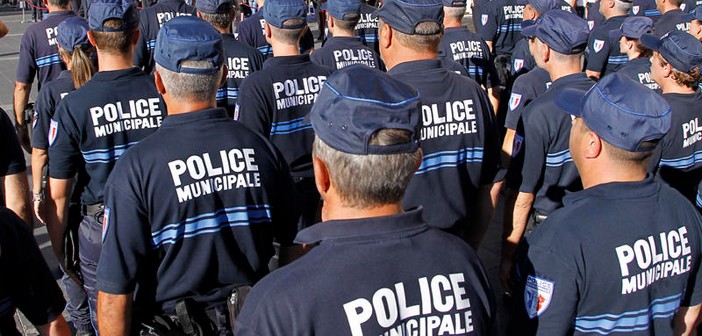After the attack on July 14, it is the precautionary principle that must prevail. Several events have already been canceled and others could be if the security conditions are not deemed sufficient.
That was the message communicated by the duo at the head of the city hall, former mayor Christian Estrosi and his successor Philippe Pradal, during a press briefing held yesterday late afternoon.
Between one controversial statement and another against the state’s services (government and prefecture), the statements of the two officials took into account several aspects of the situation that Nice is forced to live with and endure.
The most immediate consequence is the cancellation of several events (Prom’ party in August and road cycling championship in September) while others will have to adapt to more stringent measures.
In any case, the city hall will align itself with the prefecture’s opinion, a way to clearly define responsibilities. So there you have it…
Regarding security, other measures are aimed at strengthening it: urban furniture, revision of delivery regulations, etc. Everything will be meticulously examined to avoid a lax application. In Christian Estrosi’s words and tone, one can sense that the recent controversies have left a mark that is not easy to erase.
An audit has been ordered to check for flaws in school security to remedy them as quickly as possible. In this regard, the academic director has been contacted for their contribution.
A second aspect concerns the support for direct or indirect victims. After the immediate action of the teams at the CUM, the Maison de la rue Gubernatis will be the focal point of the operation with an extension of its competencies which will become transversal. In other words, a “victim” will be taken care of by multidisciplinary teams with a 360-degree approach.
Finally, we come to a complex issue: the object of fierce debates and accusations, the complementary role that is normally intended for the national police and the municipal police remains at the center of the debate.
Christian Estrosi, who never misses an opportunity to step up to defend “his” police which he claims is used but not rewarded.
Obviously, the former mayor, who is now security deputy, wants to take advantage of the situation to strike while the iron is hot. He does so by trying to put the government at odds, stating that in terms of security, there is “a co-production between municipalities and the state.”
For him (he says between the lines and in administrative language, but it’s the substance of his thought), the “poor” municipal officers, less paid and less armed, do the job that should be the state’s competence: in short, they are auxiliaries rather than complements, “an adjustment variable” to use his words.
The threat is implicit but clear: if the situation does not change, the “municipals” may find themselves confined to their strict competencies, which would lead to a deterioration of the situation.
It is clearly a tactical position with the political aim of fueling the populist accusation of the supposed weakness of the state regarding security and public order.
As already seen in the issue of airport services privatization, Christian Estrosi will validate his positions through a public consultation that will take place in the autumn. In the previous case, it was through a referendum; this time it will be based on a questionnaire.
Clearly, the tug of war between Christian Estrosi and his adversaries (Prefect, Minister of the Interior, Prime Minister, President of the Republic) is not about to end.
Given the current situation, what will it be like in the autumn when political life becomes more challenging with the Republican right’s primaries, which promise to be ominous?


